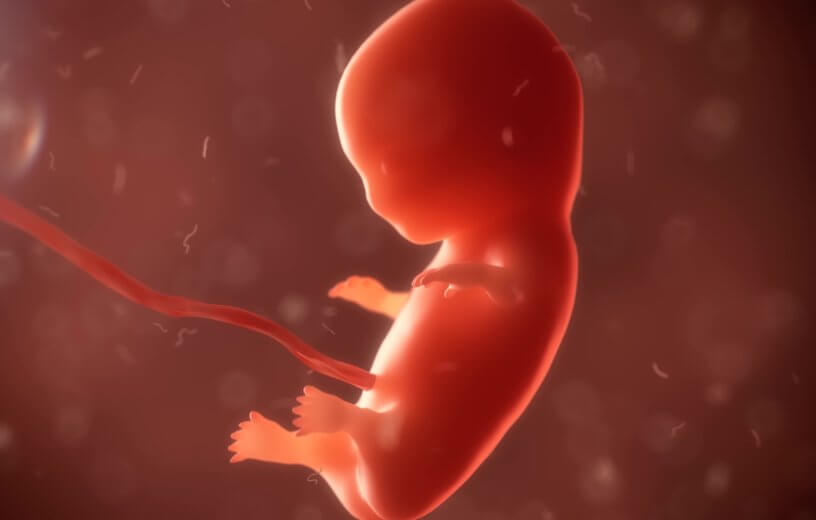WUHAN, China — In a respite from the seemingly never-ending parade of doom and gloom, a new study out of Wuhan has come to a promising conclusion. Chinese researchers believe that the novel coronavirus is not transferrable from pregnant mothers to newborns at birth. This is actually the second piece of research out of China this month that has found pregnant women did not pass the virus on to their children.
This study focused on four pregnant women, and all four did not transmit the virus. The mothers-to-be tested positive for the virus themselves and gave birth at Wuhan’s Union Hospital. Wuhan is, of course, believed to be the virus’ origin point.
All of the newborns were immediately isolated upon birth, but none developed any symptoms typically associated with COVID-19. Also, three of the four tested negative for the coronavirus via a throat swab, while the fourth mother did not allow her child to be tested.
There were, however, some medical complications. One newborn had minor breathing problems for three days, and two of the four had a skin rash. That being said, the study’s authors say it is “impossible to say” if these minor complications are connected to the coronavirus at all.
“We are not sure the rash was due to the mother’s COVID-19 infection,” says study co-author Dr. Yalan Liu, of Huazhong University of Science and Technology, in a release.
Today all four infants are in great health, and all of their mothers have fully recovered from the coronavirus.
In the previous study, there was no evidence that any of the nine examined mothers passed the virus to their baby. All nine of those births were performed via C-section, and three of the four in this study were also delivered via C-section.
“To avoid infections caused by perinatal and postnatal transmission, our obstetricians think that C-section may be safer,” Liu says. “Only one pregnant mother adopted vaginal delivery because of the onset of the labor process. The baby was normal. Maybe vaginal delivery is OK. It needs further study.”
These results are by no means final, however, and further research is warranted. For example, the current testing measures being used are believed to only be about 71% accurate in terms of identifying the virus. The study’s authors are already hard at work collecting more samples from the newborns for more tests.
The study is published in Frontiers in Pediatrics.
